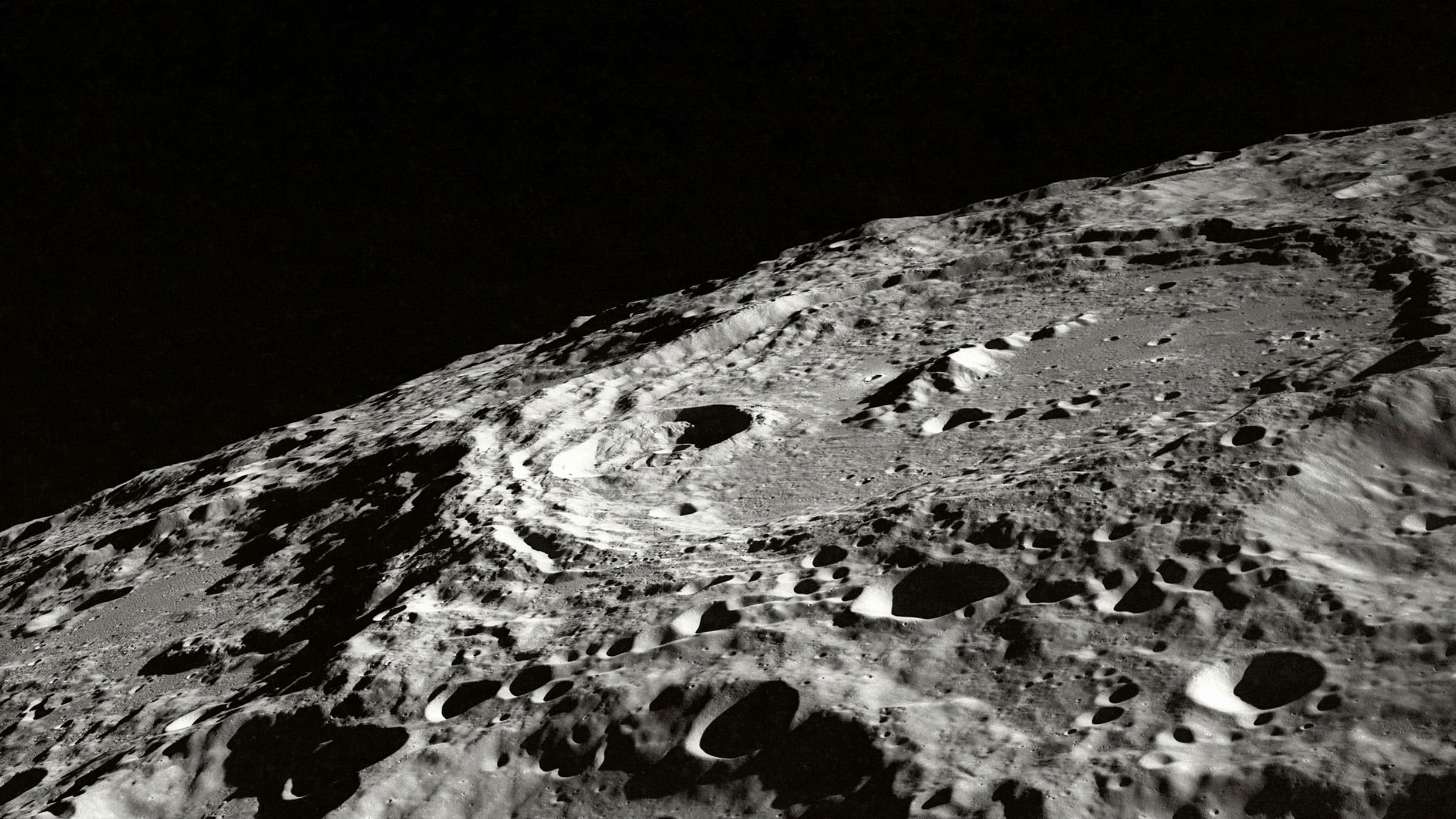
"Lunar exploration remains one of the most technically demanding frontiers in modern spaceflight, where even small miscalculations can lead to major errors in landing."
"As an aerospace engineer, I'm interested in how each mission adds to the scientists' understanding and helps engineers navigate space complexities."
"With private companies and multinational partnerships involved, lunar exploration today reflects innovation, competition, and collaboration unlike the last lunar missions."
"Missions to the Moon in 2025 highlight the promise and difficulty of returning, with varying degrees of success in navigation and landing."
Lunar exploration has experienced a resurgence in 2025, with various missions highlighting the collaboration of private companies and nations. These missions aim to advance understanding of the Moon while facing numerous challenges related to landing accuracy, extreme temperatures, and harsh environments. They illustrate the need for innovation and meticulous planning, as even minor miscalculations can result in failed missions. The evolution of lunar exploration could lay the groundwork for sustainable human presence on the Moon, emphasizing the dynamic nature of space science today.
Read at Fast Company
Unable to calculate read time
Collection
[
|
...
]